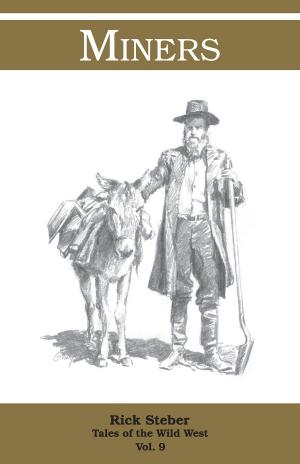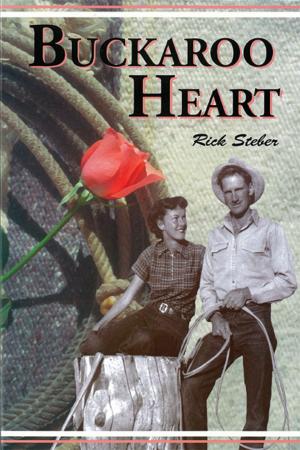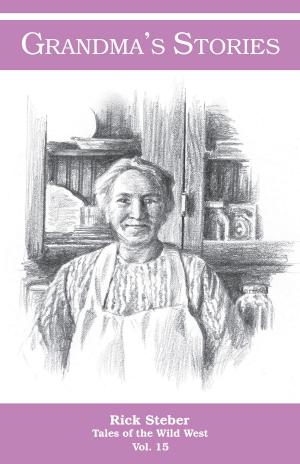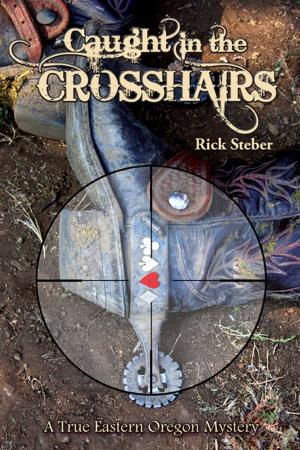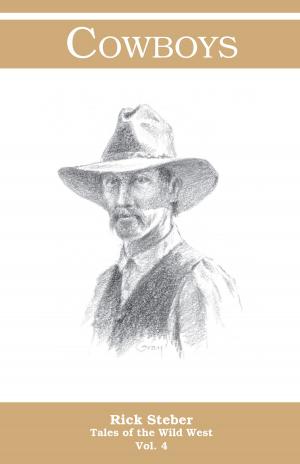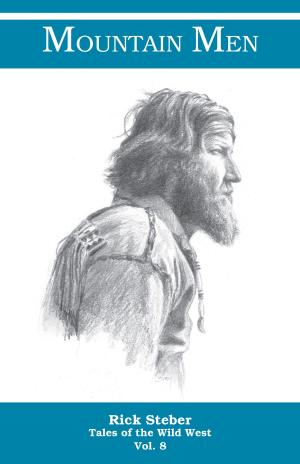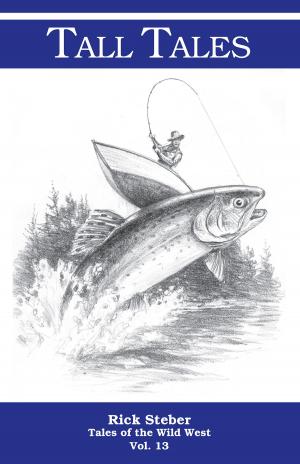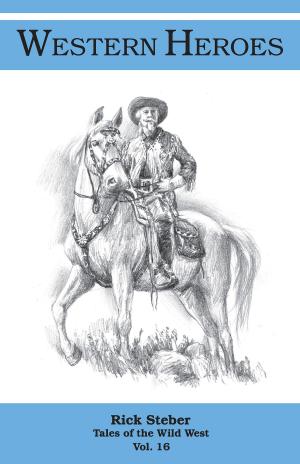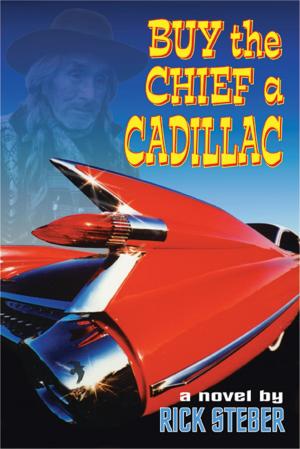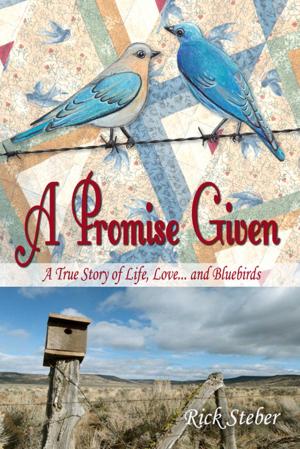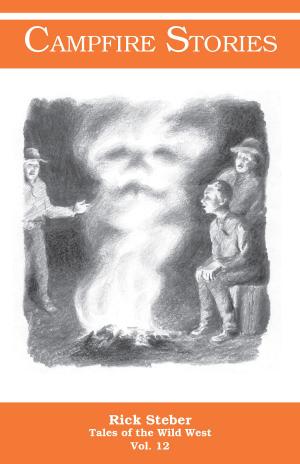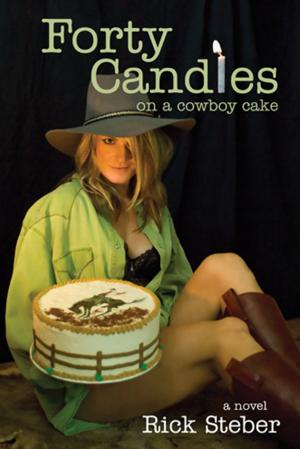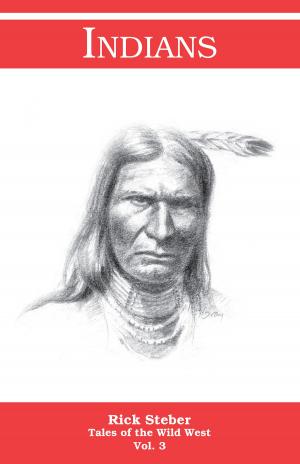| Author: | Rick Steber | ISBN: | 1230000012881 |
| Publisher: | Bonanza Publishing | Publication: | August 19, 2012 |
| Imprint: | Language: | English |
| Author: | Rick Steber |
| ISBN: | 1230000012881 |
| Publisher: | Bonanza Publishing |
| Publication: | August 19, 2012 |
| Imprint: | |
| Language: | English |
The names of the gunfighters are legendary: Butch Cassidy and the Sundance Kid, Doc Holliday, Jesse James, Billy the Kid, Pat Garrett, Henry Plummer, Bat Masterson, Wyatt Earp, Wild Bill Hickok.... These men, and others like them, epitomize the image of the Wild West.
The gunfighting era was born in the late 1830s when Samuel Colt patented his single-barreled pistol with a revolving bullet chamber.
But the gunfighter was not common on the frontier until after the Civil War when renegade bands of Confederate soldiers refused to surrender. Their lawless ways spread as they stole from the hated Union bankers and the monopolistic railroads, rustled from wealthy ranchers and killed anyone who dared stand in their way. Railhead towns, where the great Texas cattle drives ended, generated more than their fair share of gunfights. In these towns the distinction between the law and the outlaw was a fine line and many times the men who wore badges worked both sides of the fence.
It generally fell to the individual to uphold the law and nearly every western man strapped a six-shooter to his hip. If a man's cattle or horses were stolen, if his home was ransacked or his family attacked, it was up to that man to track down the guilty party and administer swift justice.
Around the turn of the 20th century the free-roaming gunfighters found the wild country could no longer hide them as technology, in the form of telegraphs and telephones, cut off escape routes. Even though the era of the gunfighter had drawn to a close, writers and movie makers, using the colorful backdrop of the Old West, turned the frontier gunfighters into larger-than-life folk heros, folk heros who will never die.
The names of the gunfighters are legendary: Butch Cassidy and the Sundance Kid, Doc Holliday, Jesse James, Billy the Kid, Pat Garrett, Henry Plummer, Bat Masterson, Wyatt Earp, Wild Bill Hickok.... These men, and others like them, epitomize the image of the Wild West.
The gunfighting era was born in the late 1830s when Samuel Colt patented his single-barreled pistol with a revolving bullet chamber.
But the gunfighter was not common on the frontier until after the Civil War when renegade bands of Confederate soldiers refused to surrender. Their lawless ways spread as they stole from the hated Union bankers and the monopolistic railroads, rustled from wealthy ranchers and killed anyone who dared stand in their way. Railhead towns, where the great Texas cattle drives ended, generated more than their fair share of gunfights. In these towns the distinction between the law and the outlaw was a fine line and many times the men who wore badges worked both sides of the fence.
It generally fell to the individual to uphold the law and nearly every western man strapped a six-shooter to his hip. If a man's cattle or horses were stolen, if his home was ransacked or his family attacked, it was up to that man to track down the guilty party and administer swift justice.
Around the turn of the 20th century the free-roaming gunfighters found the wild country could no longer hide them as technology, in the form of telegraphs and telephones, cut off escape routes. Even though the era of the gunfighter had drawn to a close, writers and movie makers, using the colorful backdrop of the Old West, turned the frontier gunfighters into larger-than-life folk heros, folk heros who will never die.

